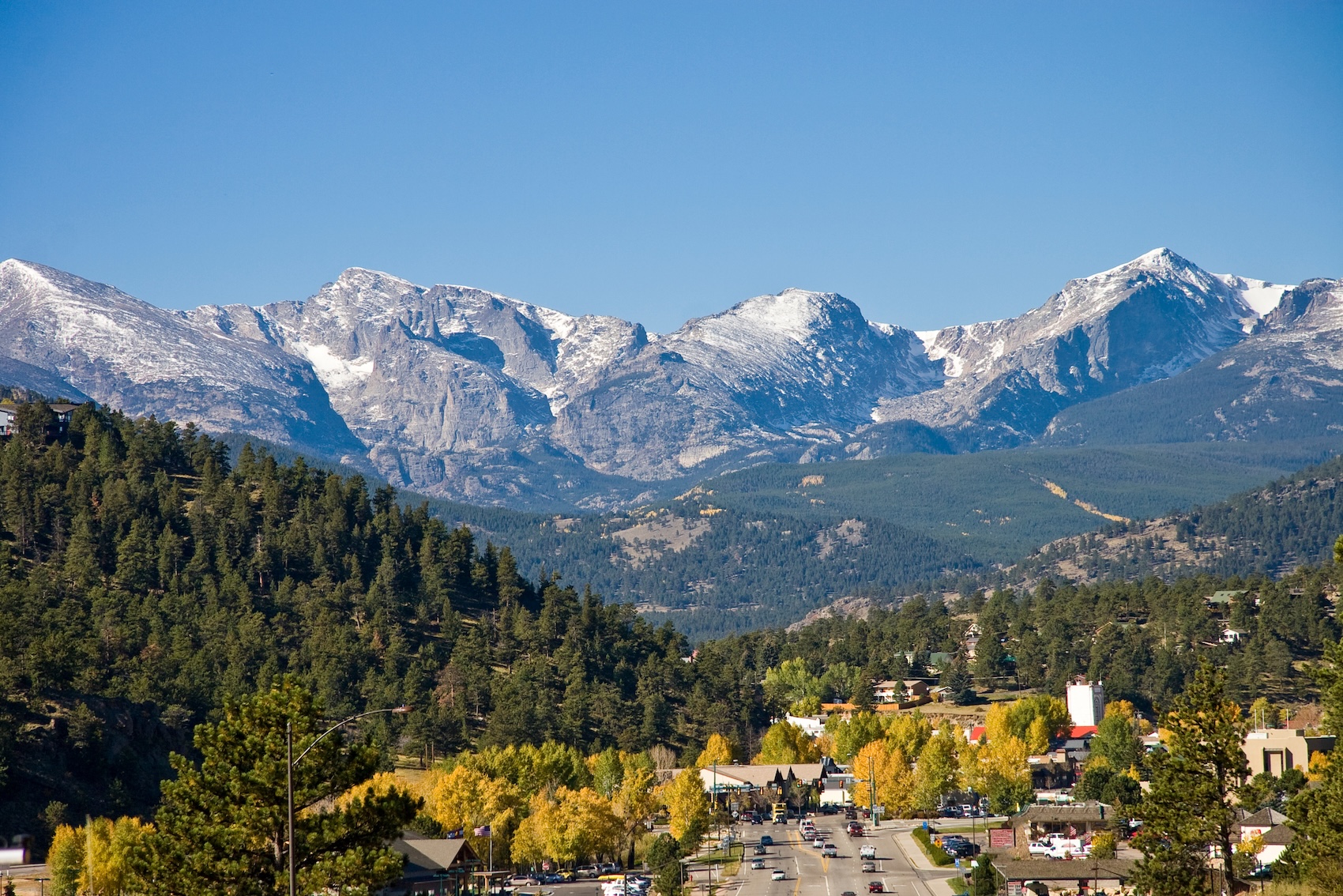
By Steve Schwab
My vacation rental management career started in a cantina in Mexico in 2001.
In any other industry, that may sound like a crazy way to get your start.
Not in the vacation rental space.
Here you’ll see entrepreneurs from all walks of life serendipitously fall into vacation rental management.
You see, most of us never intended to join the profession. But, somewhere along the way we fell in love with a location, with its people, and with the joy you feel every time you see a guest make life-long memories there.
We certainly didn’t dream of working weekends and holidays, explaining to an upset guest that we can’t give them a refund because it rained, or getting called in the middle of the night to fix a broken pipe.
But when you fall in love with something, you accept it, wrinkles and all.
#HoldMyBeer
That’s what happened to me. It wasn’t a pipe breaking in the middle of the night. It was an air conditioning duct. In the middle of the day. In a bar. In Rocky Point, Mexico.
And it wasn’t a beautiful lady that walked into the bar, either. It was a mountain of a man who couldn’t crawl on the roof of a local beach home to fix a problem with the air conditioning duct.
Lucky for me, while they didn’t teach me to be a property manager in high school, I did get some experience working at an air conditioning fabrication shop during my high school years.
And that was apparently all I needed on my résumé to launch a career that has consumed my life for the past 20-plus years.
In a real hold-my-beer type of moment, I volunteered to help him fix the AC duct that day…and just kept on helping him.
You see, that mountain of man was a local vacation rental manager. I didn’t know it at the time, but he had been battling a losing fight with cancer. He needed the help, and I needed a mentor.
Eight months later, in a bittersweet moment, his widow offered me the chance to take over the business.
The Wild, Wild West
Back in 2001, the vacation rental industry was like the wild, wild west. There was no Airbnb or VRBO. No online bookings. And our reservation tape chart wasn’t sitting in a piece of software, it was stuck to the wall.
Property managers were advertising their rentals in catalogs, not online.
In fact, I remember when an older gentleman called my company personally and said he was starting a website and wondered if I would advertise on it for five dollars a listing. I told him I’d buy $100 worth if he threw in two extra listings, and that was my first experience negotiating with an OTA.
This was in a world before online bookings, fancy SaaS software, and smart locks on the door. Back then, we booked every guest over the phone, blocked off their days with a piece of tape on a calendar, and greeted them in person at our office to check them in.
I loved this personal interaction with our guests. I got to know the people and their families as they came back year after year. I also got to know the local community, the owners, and even the neighbors.
My reputation grew as the local property manager, by “loving” my community instead of “using” my community. This had a meaningful impact on my business, and my emerging little operation began to take off. We started adding more and more properties, and, all of a sudden, my little summer project became a real business.
I even had the pleasure of being anointed Rocky Point’s Ambassador to America from an elder statesman who had been doing business in the area for decades.
But, I had higher ambitions than Ambassador.
One Location. One Ambassador.
Once the business took off, it was clear to me that in order to grow I would have to enter into different markets.
Blinded in a way by my early success, I thought it would be a “no-brainer” to simply rubberstamp my systems, processes, and culture into other cities.
But, as I quickly found out, it didn’t work that way.
After six months of my first expansion office, I was in trouble. I had taken the proverbial punch to the nose in business terms and realized that I didn’t know the market, the people, the seasons, the guests, the owners… and, more importantly, they didn’t know me.
I was an outsider doing business, not an actual part of the fabric of the community like I was in Puerto Penasco.
It was a wake-up call.
I began to realize that you can only be “local” in one place. You could only be an ambassador in one location.
That’s when I realized that instead of me trying to be a local ambassador everywhere, I needed to partner with local ambassadors and share with them all the things that made me successful.
That’s when the idea of a franchise began to take hold. But, it couldn’t be just any franchise.
Shared Values + Shared Systems + Shared Culture
As I mentioned earlier, vacation rental management is not a career you plan for. It’s certainly not something you major in when you go to college.
Most of what I learned came from on-the-job trial and error. I knew that for a franchise to truly be successful, we had to have world-class training. That’s when Casago University was born.
Today, every new franchisee travels to our training center in Mexico and is thoroughly immersed in not only our systems and processes but also our values.
One of the things I learned in my previous life as a US Army Airborne Ranger was that leadership would never be able to make decisions for everyone down the chain of command. But, every day, every employee or franchisee has so many decisions to make, and so many options for how to handle each situation. How could I empower them to make the right decisions?
It came down to values. In the absence of a policy, we relied on values to make decisions.
For me, the simplest core value that could guide every decision we make is that the owner’s best interest should always be our main focus. It has grown to become our passion and the guiding principle behind everything we do and stand for. Each of our team members is trained to see themselves first and foremost as the owner’s advocate, and to make every decision from this singular mindset.
Casago University
Upon completion of their initial training, each Casago team member takes an oath to be the steward of the properties they serve and to care for each of the specific needs of our high-end vacation homeowners. Whether you’re looking for revenue-producing vacation rental services, long-term home care management, corporate housing, or cleanings, our Owner-Centric™ philosophy delivers the care, income, and transparency you deserve.
Last year alone, we deployed more than 11,000 hours of training at Casago University. And, it’s not only helped systems and values, it helped us build a distinct culture.
The culture of an organization is everything. The STR community is filled with quality people who often feel like they are alone on an island. The benefit of Casago not only comes from the support we provide to locally owned and operated partners, but also the support provided by the Casago community, as the average partner spends 6 hours a week mentoring and being mentored by other members of our community.
Casago University enables us to have a common culture and language. The community itself is bound by exclusive territories. This enables the free-flowing sharing of best practices. And sharing a common name gives each part of the whole the motivation to make sure other partners are successful. We win and lose as a team.
And that’s something local operators need if they are going to compete in the rapidly evolving short-term rental space.
Conquering the Ole West
As it is in every cottage industry, you will always have big corporate interests come in and try to modernize it and capture it. It’s been no different in the vacation rental industry.
From first-hand experience, I can tell you it’s no fun competing with large venture-backed organizations with much larger treasure chests.
Their weapons are technology and economies of scale. And they are formidable opponents for a truly local manager.
Because yes, there are things that scale when you aggregate property management:
- Technology stacks become more affordable at scale.
- Purchasing power for things like insurance, amenities and subscriptions are greatly increased.
- Leverage in deal negotiations soars.
- You have more resources to hire and train, as we have done at Casago University.
- You can afford a support team, so that you don’t have to rely on vendors for your tickets to be answered.
- Web traffic soars, with scale.
- Brand name recognition and trust with homeowners goes way up.
Those are scary realities for small businesses to run up against. But, they have something the big guys don’t.
Technology is David’s Sling, Not Goliath’s Sword.
We’ve been sold a lie for the past decade; that big money would come in and use technology to kill off the mom and pops’.
But, what people don’t understand is that in our industry technology isn’t the burger, it’s the fries.
Caring isn’t something you can program into a mobile app. Hospitality doesn’t come from neural networks. It comes from the heart.
And there’s no piece of software that can make Goliath be “local” in 150 locations.
In fact, if anything, technology levels the playing field and allows the little guys to compete. It’s not Goliath’s sword; it’s David’s sling.
But, it can’t solve all our problems.
The question then becomes: How do you leverage local control and expertise, yet maintain consistent standards on a national level and take advantage of economies of scale?
How can you get the best of both worlds?
Franchises are the Future
Over the past 25 years and through multiple experiments in business models, tracking successes and failures, and observing the winners and losers in the industry, it has become clear that franchising is the path forward to building the “hybrid” model of a national brand with locally owned property management companies.
It makes sense. Recruit passionate local ambassadors. Give them the training and technology, the backing power of a national brand, and the support of a community of VRMs that shares a set of common values.
It works, and the results speak for themselves.
When locally owned offices become partners with Casago and can take advantage of the training, support, tools, SOPs and expertise, they start growing their business, their churn goes down and their quality improves.
The truth is our partners are 300% more likely to be a Superhost than the average property manager and are 2x more likely to be a premier partner.
The average Casago franchisee has seen a 24% year-over-year growth in the number of properties they manage. When you consider that with negative or neutral churn for most companies over the past year, it becomes obvious that we’re on to something special.
But, even after 25 years, we’re just getting started. The future is bright. And, the best is yet to come.
—





